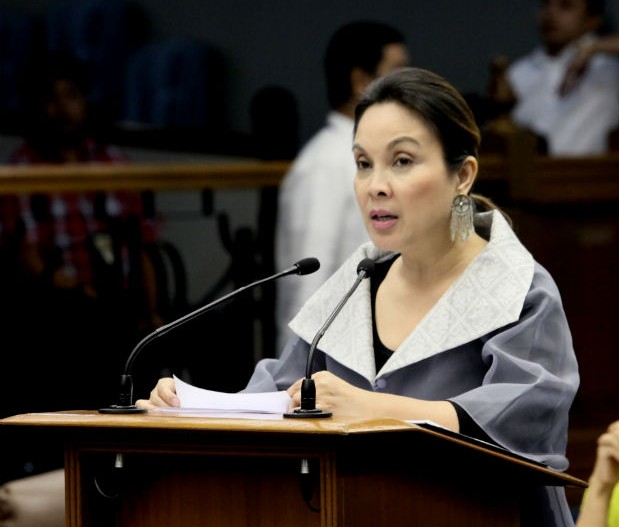Senate targets to pass 2017 budget this week
The Senate intends to pass the proposed P3.35 trillion national budget for 2017 this week so that Congress can approve it by December.
Sen. Loren Legarda, chair of the Senate finance committee, was supposed to sponsor on the floor the budget measure on Monday afternoon for the chamber to start plenary deliberations today.
The Senate would work on the budget from Tuesday to Friday—from morning until night—in the hope of passing the measure on second reading by the end of this week.
The House of Representatives has approved the budget on third and final reading last month.
In a radio program, Legarda described the proposed 2017 budget as “an inclusive budget that will address the basic needs of the people not addressed before.”
Article continues after this advertisementUniversal health care
Next year’s budget will see eight million of the poorest of the poor being able to get health care in government hospitals, she said.
Article continues after this advertisement“For the first time, we will have a universal health care… we are including a provision for universal health care coverage where any poor person can walk into a public hospital and there will be no balanced billing,” she said. “Whether registered with PhilHealth or not… they should be cared for by the state and that billing sent to PhilHealth.”
The measure proposed a P3 billion for universal health care.
In addition, it provided for free irrigation for farmers who would no longer pay the National Irrigation Administration fees, Legarda said.
Irrigation fee subsidy
She said the measure provided P2 billion in irrigation fee subsidy.
The proposed budget for next year will also fund President Duterte’s continuing war on drugs, to include the Department of the Interior and Local Government local government units antidrug campaign. A budget has also been allotted to allow the government to build more drug rehabilitation centers.
The proposed budget would also see state universities and colleges giving scholarships to indigent students who can take up courses on science and technology, among others.
“This is part of the 10-point socioeconomic agenda of the President. These are social protection measures that we hope will provide inclusive growth in our country,” Legarda said.
